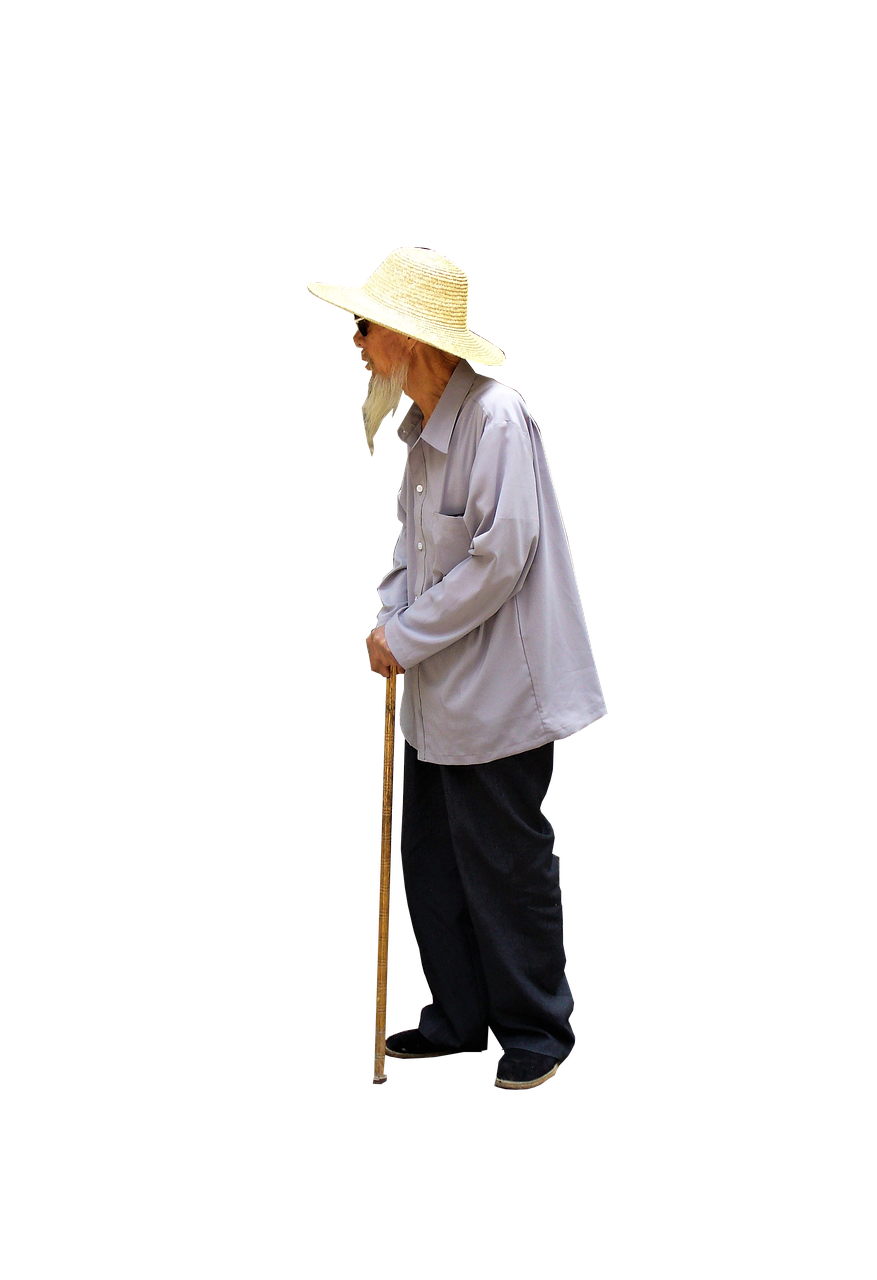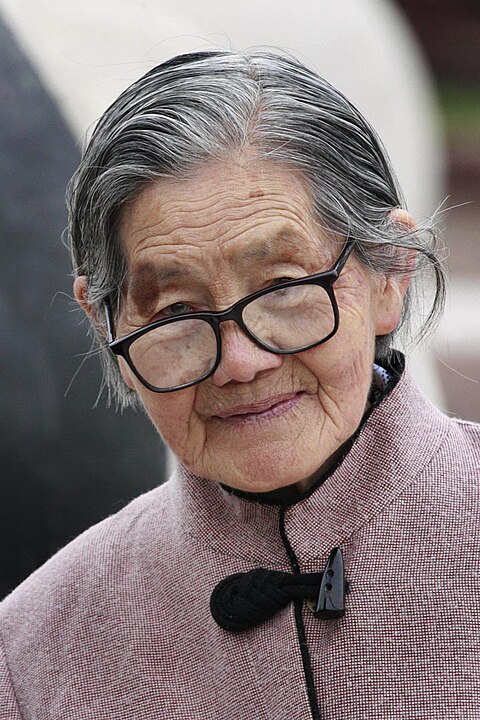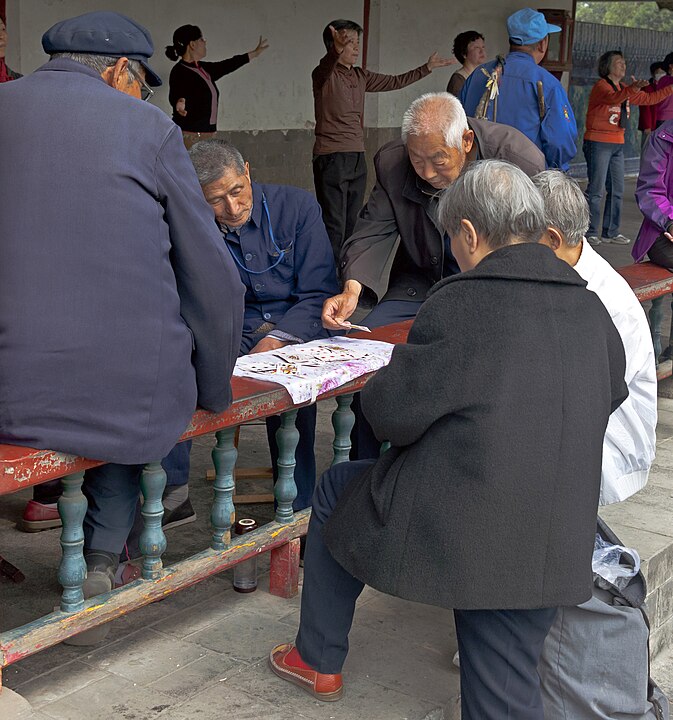China, the world’s most populous country, is experiencing a significant demographic shift with the rapid aging of its population. Chinese pensioners, individuals aged 60 and above, now represent a substantial and increasing segment of the population. This trend has important implications for society, the economy, and the well-being of senior citizens. Let’s explore the unique characteristics and experiences of Chinese pensioners as they embrace active retirement.
Changing Demographics
China’s one-child policy, which was in place from 1979 to 2015, has contributed to a smaller younger generation compared to the aging population. This demographic imbalance puts pressure on the younger workforce to support a growing number of retirees. The Chinese government has implemented policies to address this challenge, including the gradual increase of the retirement age and the establishment of comprehensive pension systems.

Traditional Values of Filial Piety
In Chinese culture, filial piety, or the respect and care for one’s elders, holds great importance. Chinese pensioners often receive support from their adult children, both financially and emotionally. It is common for older adults to live with their children and grandchildren, creating multi-generational households where care and support are shared. This intergenerational bond helps foster a sense of belonging and provides social support for pensioners.
Retirement Activities
Chinese pensioners are increasingly seeking opportunities to remain active and engaged during their retirement years. Many participate in various activities such as volunteering, pursuing hobbies, joining senior citizen clubs, or engaging in community service. These activities not only contribute to their personal fulfillment but also serve as a way to give back to society and maintain a sense of purpose.
Health and Wellness
With longer life expectancies, Chinese pensioners place significant emphasis on maintaining good health and well-being. They actively engage in activities such as tai chi, qigong, and other forms of exercise to promote physical fitness and mental well-being. Traditional Chinese medicine, with its focus on holistic health, is also popular among senior citizens. Regular health check-ups, preventive care, and access to healthcare services are crucial aspects of maintaining a healthy lifestyle.
Travel and Leisure
Chinese pensioners have embraced the concept of “grey tourism” or “silver travel,” with an increasing number of retirees exploring domestic and international destinations. Travel agencies and tour operators have tailored their services to cater to the needs and preferences of older adults. Pensioners take advantage of their newfound freedom to visit scenic spots, historical sites, and cultural landmarks, contributing to the growth of the tourism industry.

Digital Inclusion
The rapid advancement of technology has presented both opportunities and challenges for Chinese pensioners. While some may face barriers in accessing and utilizing digital devices, many are eager to learn and embrace technology to stay connected with their families and friends. Online platforms and social media apps allow them to share experiences, join virtual communities, and bridge the generation gap.
Government Support
The Chinese government has implemented policies and initiatives to address the needs of pensioners. The comprehensive pension system, which includes basic pension insurance, enterprise annuities, and individual retirement accounts, aims to provide financial security for retirees. Additionally, healthcare reforms have improved access to medical services and reduced the burden of healthcare expenses for pensioners.
Intergenerational Exchange
Chinese society recognizes the value of intergenerational exchange, fostering mutual respect and understanding between different age groups. Schools and community organizations often organize events where pensioners are invited to share their life experiences, wisdom, and skills with younger generations. This exchange not only strengthens social cohesion but also challenges ageist stereotypes and promotes active aging.
Chinese pensioners are an important and growing demographic that is redefining the concept of retirement.
